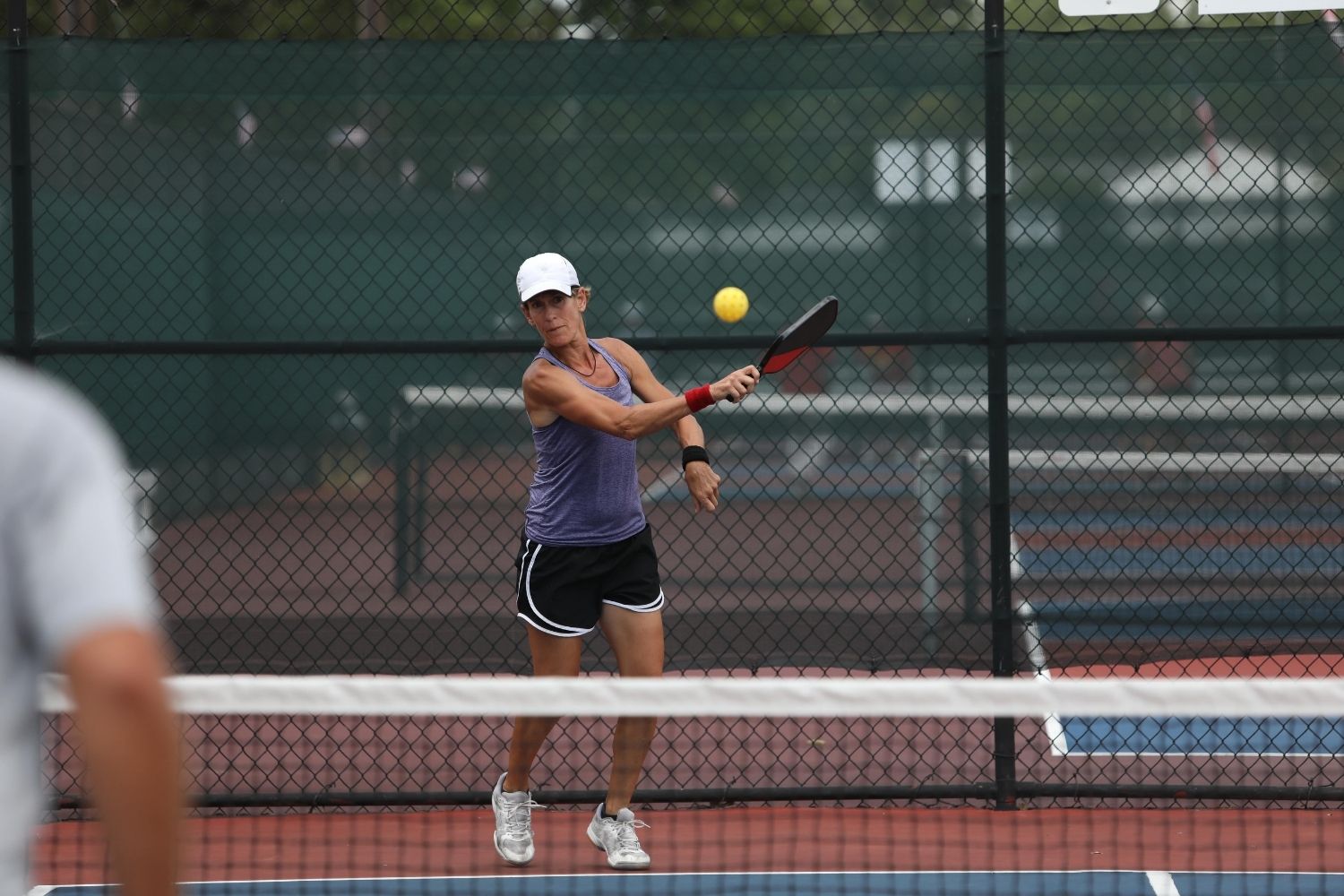
Doubles Pickleball Strategies
Playing doubles pickleball requires a different approach and strategy compared to what works in singles pickleball games.
Unlike singles pickleball, doubles is a game of cooperation. For every lapse of communication and collaboration, there will be consequences, especially if you are playing against skilled opponents.
The following strategies will provide you with some of the foundations of becoming a good doubles pickleball player:
- Take advantage of the serve: Hitting an excellent serve will send the ball deeper into the opponents’ court and give you and your partner more time to get into the right positions which will allow you to better react to their return.
- Aim for the middle: This strategy can help to confuse your opponents' game plan. Most doubles pickleball players devise a plan for taking turns returning shots. The most common approach is allowing the player with the stronger swing to hit return shots when the ball is in the middle of the court. Forehands are usually stronger than backhands and can result in more powerful return shots but is not always the case. Determine beforehand.
However, when you continuously aim for the middle of the court, the opposing players may become confused about hitting the return shot, especially when the forehand player is not in the perfect position to hit the ball and the backhand player is not sure if they should step in and take the shot. This strategy can work very well against a team that lacks excellent communication. Poaching:
- Poaching is essentially crossing into your partner’s area of the court to return a shot that otherwise would have been considered “theirs”. This can be considered a bit of a faux-pas in pickleball, but when well-executed, poaching can be an effective play, as it may catch your opponents off-guard, given they’re expecting your partner to hit the return shot. To increase your chances of success with poaching (and reduce the chance of an annoyed partner), you must communicate well with your partner and be on the same page before executing the strategy.
- Dinking: Sometimes it makes sense to simply maintain a back-and-forth rally at the kitchen with your opponents. When dinking, you don’t try to hit spins or volleys, you just softly return the ball over the net into the opponents’ kitchen area. This keeps the game in play and at some point, the opposition team may make an unforced error that you can capitalise on. The opposing team may make a mistake and hit it out or into the net or a ball returned too high over the net can then be smashed or redirected to an open part of the court.
In Conclusion
Hard work is definitely required in playing pickleball but working smart will also win you games. Check out our “Team Pickleball” page for more tips, gear, promos, and more - all related to pickleball!

Leave a comment